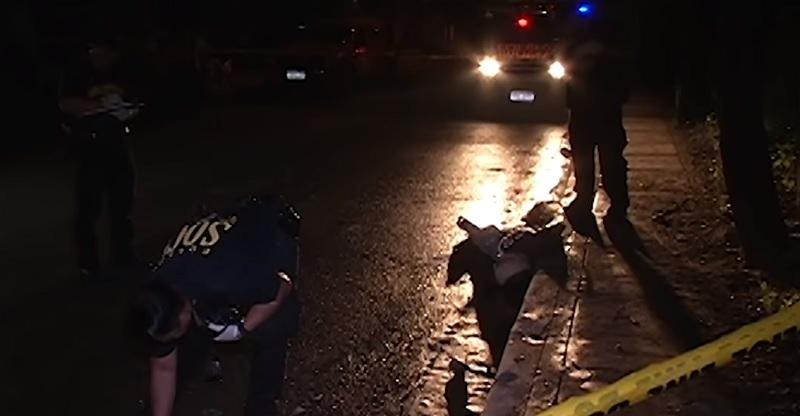PNP to review Duterte admin's Oplan Double Barrel campaign

The Philippine National Police (PNP) on Wednesday said it would review Oplan Double Barrel, its anti-drug campaign under the Duterte administration, to ensure the alignment of succeeding drives with human rights.
PNP chief Police General Romeo Marbil ordered a review of Oplan Double Barrel and previous operations, in line with the recalibration of its anti-drug efforts and the improvement of current law enforcement operations.
"We need to take a hard look at our past and present strategies in the fight against illegal drugs," Marbil said.
"By understanding what worked and what didn't, we can refine our approach and ensure a more effective and humane campaign moving forward," it added.
The review panel will be led by the PNP's Deputy Chief for Operations, Quad Staff, Internal Affairs Service, and Human Rights Office.
"We want to make sure that all perspectives are considered, especially those that relate to upholding human rights and maintaining strong community relations," Marbil said.
"This is about continuous improvement and accountability. The insights we gain from this review will directly inform our recalibrated strategy, ensuring that our anti-illegal drugs campaign is not only effective but also aligned with the principles of justice and human rights," he added.
According to Marbil, a memorandum will be issued soon to present the guidelines on the review panel's functions, as well as the deadline for the submission of the findings and recommendations.
In its memorandum dated July 1, 2016, the PNP launched the Oplan Double Barrel campaign following then-President Rodrigo Duterte's pronouncement to get rid of illegal drugs during the first six months of his term.
Duterte is currently facing an investigation by the International Criminal Court (ICC) over alleged crimes against humanity due to the drug war-related killings during his term.
Based on police records, the deaths have reached about 6,000 but human rights groups contend that there were as many as 30,000.
Under Duterte, the Philippines withdrew from the Rome Statute in 2019, the treaty that established the ICC. This came after the tribunal began a probe into the drug war, followed by a formal inquiry in September 2021.
In January this year, former Senator Antonio Trillanes IV—who sought the ICC's intervention in Duterte's drug war—earlier said a warrant of arrest was expected to be issued soon against Duterte and other respondents.
The Philippine government has been reiterating that the ICC has no more jurisdiction in the Philippines.
However, Justice Secretary Jesus Crispin Remulla said last week that the government respects the Interpol, which may implement the possible warrant against Duterte and others.
"Sana'y mag-cooperate ang Interpol at saka ang ICC. So kapag nagkaroon na ng problema 'yan, they will bring it through Interpol and we are members of Interpol," Remulla said in a press briefing.
(The Interpol and ICC are used to working together. So, if there is a problem, they will bring it through Interpol and we are members of Interpol.)
"We are not in the business of blocking any movement of the Interpol unless a policy is laid out, which, of course, will go against our international commitments kaya hindi natin ginagalaw 'yan,” he added.
(We are not in the business of blocking any movement of Interpol unless a policy is laid out, which, of course, will go against our international commitments so we will not touch that.)
According to Remulla, there will be repercussions for the Philippines should it challenge Interpol. Despite this, he said the government will still look into the actions it could take. — VDV, GMA Integrated News




